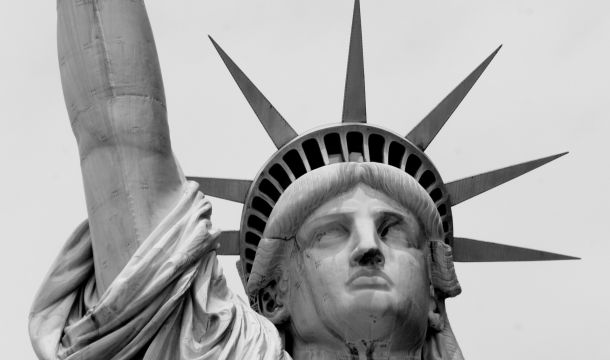Collusion Among Employers in Setting Wage Rates Challenged
Although such cases are not common, some cases have over the years arisen across the U.S. alleging that employers colluded among themselves to set lower wage levels for employees. These alleged collusions have been attacked as violative of the anti-trust laws. Some of the more publicized cases have been those in Massachusetts, where Boston-area hospitals allegedly conspired to maintain lower levels of pay for nurses. Related cases have risen in California, where cases have alleged various forms of conspiracies among employers to the same effect. Wimberly & Lawson, through Larry Stine and Betsy Dorminey, successfully defended this year such a case in federal district court in Colorado brought by a farm workers’ rights group. Rodolfo Llacua v. Western Range Ass’n, No. 15 - 1889 - REB-CBS (D. Col. June 3, 2016).
The plaintiffs asserted a rather novel claim: that by paying shepherds hired under the U.S. Department of Labor (DOL) H-2A program the adverse effect wage rate (AEWR) prescribed by DOL, the defendants had engaged in anti-competitive activity in violation of U.S. antitrust laws. The H-2A program allows farmers and ranchers to legally engage foreign workers when they are unable to find enough U.S. workers to fill available jobs. DOL has special rules for shepherds, who must live with their flocks in remote areas. Under the H-2A program, which DOL administers, the department performs wage surveys to determine the minimum amount of pay that an employer must offer so as not to undercut the local labor market. DOL also prescribes detailed rules that require employers to advertise locally, pay for foreign workers' travel and subsistence, and prescribe almost every aspect of the job orders and contracts.
Nearly all employers using the H-2A program will offer potential employees the exact hourly pay that DOL requires, which usually is in excess of the minimum wage. The plaintiffs alleged that this practice violated the antitrust laws and conspired to artificially depress wages. The magistrate judge rejected that argument, concluding that when the claim relies solely on circumstantial facts of parallel behavior, the conspiracy is not plausible if in light of common economic experience, the alleged conduct is equally likely to result from independent action. The plaintiffs could point to no agreement among the defendants to offer only the AEWR; they were asking the court to jump to that conclusion because all the employers complied with the letter of the law. The magistrate also refused to find that membership in an agricultural trade association was a criminal act; and neither is compliance with a government rule evidence of a conspiracy, nor memos from the groups to their members advising them of changes in the minimum wage rates. The plaintiffs' attempt to portray compliance with the law as a nefarious conspiracy to artificially depress the wages of shepherds appears to have failed.
Related Content
Get Email Updates

TPS Update (as of 2/6/2026)

Job Interviews Can Be a Good Selection Device

Suggestions on How to Diffuse a Tense Situation

Employers Blame Unions for Recent Shutdowns

$27 Million Verdict against Employer on Disability Discrimination over Refusal to Return Employee to Work



